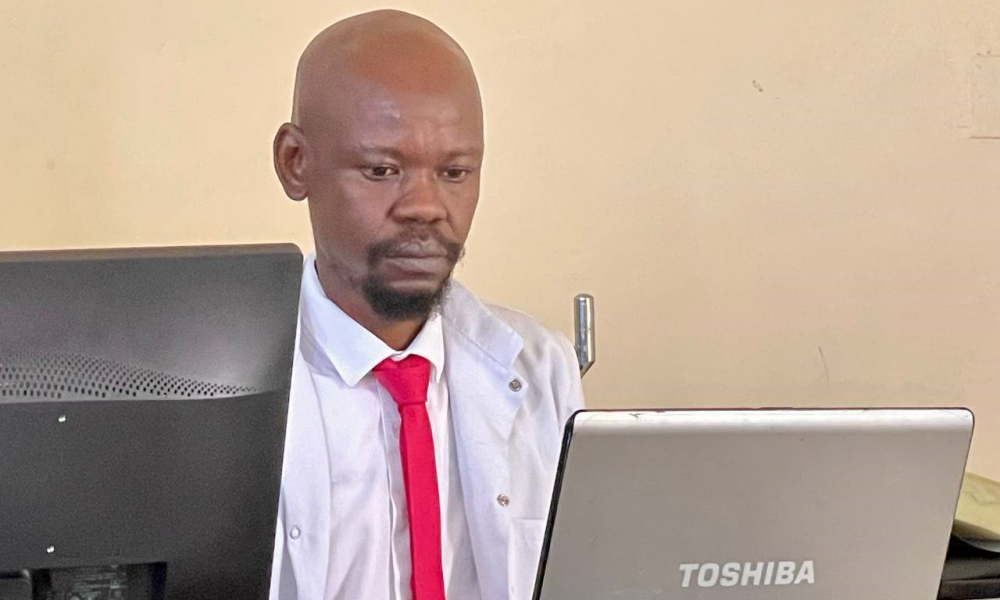By Dr. Emmanuel Edward Utango
This is not a criticism or scaring competition in the market.
To answer the question of who really protects the workers and how workers protect themselves in free markets as the status quo suggested recently, as a result of political unrest in Sudan, South Sudan has witnessed a frightening infusion of Sudanese health professionals into society.
I am not inciting or promoting any ill intentions toward colleagues from Sudan. Am just trying to answer the question of who protects the workers regardless of the industry. But I will be more specific as long as the medical industry is concerned. When the Nazi regime took over in Germany, Jewish physicians were migrating to the United States in large numbers.
What happened exactly was the crux of the above-mentioned topic. The medical association (union) in the United States establishes the requirements for physicians to practice in the United States. You should be a US citizen. You should be licensed before practicing.
The genuine question is: why did the medical association do that? To let it make more sense to practice medicine in Sudan as a foreigner, you must fulfill the prerequisite conditions laid down by the Sudanese medical council. To practice in Kenya is the same. In Uganda, it’s the same. In South Africa, it’s the same. In Britain is the same. Elsewhere, it’s the same.
Shall it be different in South Sudan? If not, what went wrong?
Who protects the workers?
Is it a union? Is it the government? Or nobody protects the workers!
Unions do protect the workers. But, as the notion in markets suggests, the union usually takes the lead in protecting the workers against exploitation or low payments by the employers.
Adam Smith, in his great book, Wealth of the Nation, said “the way in which the world runs its business, is through people seeking to pursue their own interests. And there is nothing you can do about it.”
This is the fact of today’s ideology, whether we like it or not. The medical association, union, or medical council, its primary duty is the welfare of its members. That’s why the idea of the health care act came about—medical licenses and unions came as devices to be used to protect health providers.
It’s the same in other industries. I am not criticizing or opposing anyone, nor am I pointing a finger at any institution.
From where comes the strength of the unions?
In the free market, the unions get their power by beating the employers or contractors or by beating their members who accept low wages. Or strike in many cases. Or by involving the government via laws. Licenses and minimum wage act, which is the most respected and civilized way to obtain their powers.
South Sudan has few decent jobs for health workers, with unacceptable inflation crushing every family. The majority of health workers rely on their day-to-day market income to put food on the table for their families. Who will protect their hustle efforts if not the medical association, medical council, or union? Who else will take the lead?
The law of demand in economics is inescapable. You can’t run out of it. Raise the price of anything. The less people who buy it, the more expensive labor become. The number of jobs available will be reduced. Makes the physician more expensive. The number of jobs for physicians will be lower.
If you have a limited number of jobs, you have to rationalize it by certain methods or devices. History has never betrayed us. After slavery was abolished in the USA, the number of jobs has been limited. In order to protect jobs for whites, unions were established in different industries. All industries had rationalized their opportunities through prerequisite conditions. Through restrictions and regulations. Through laws and so forth.
Being reluctant to protect workers has unbearable side effects for consumers. This will push workers into malpractice and unethical practices. There is a thin layer between the level of income and the state of ethics. I rest my case.




